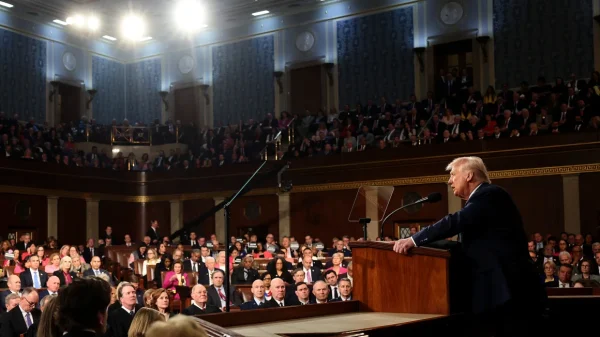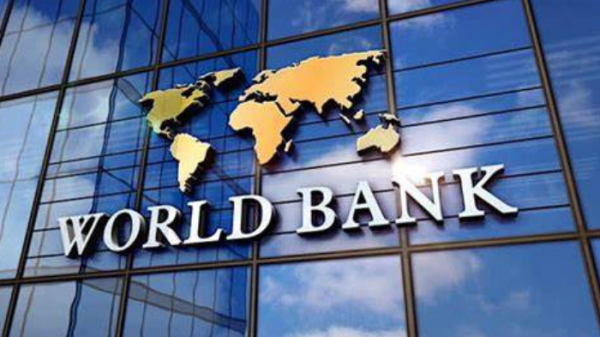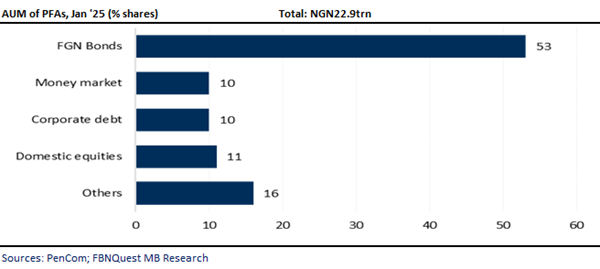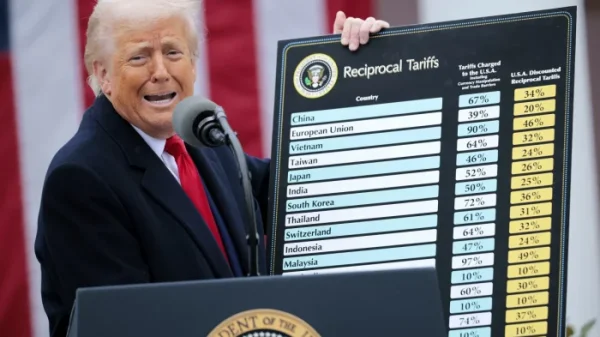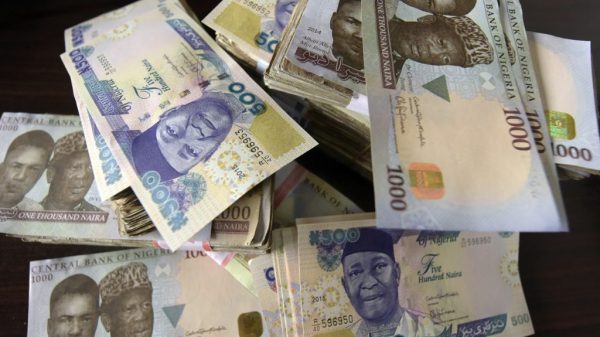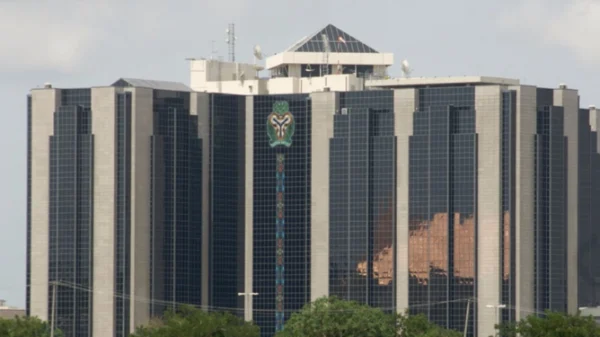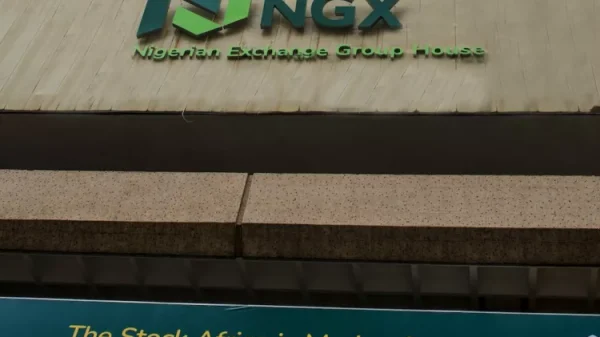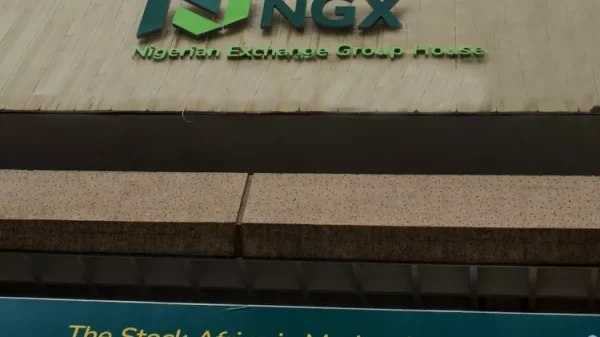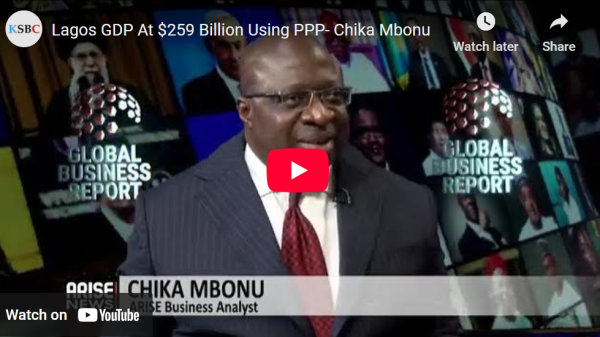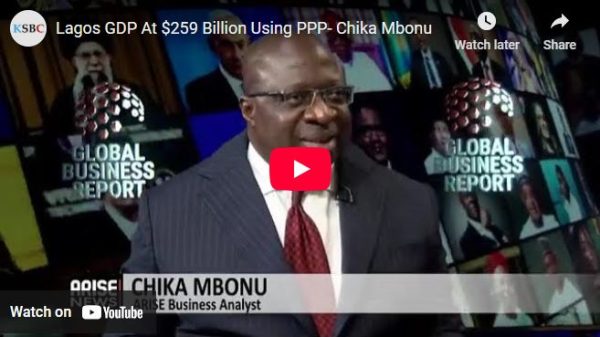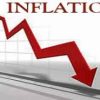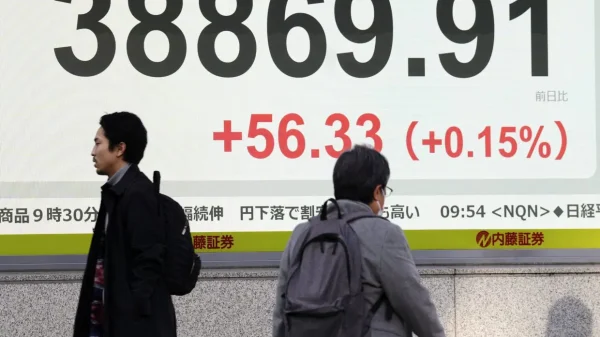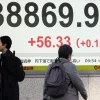The Centre for the Promotion of Private Enterprise (CPPE) has cautioned that the drastic reduction in inflation figures following the rebasing of the Consumer Price Index (CPI) does not necessarily translate to lower prices of goods and services.
In a statement, the CEO of CPPE, Dr. Muda Yusuf, emphasized the need for clarity on what a drop in inflation figures signifies.
Speaking against the backdrop of the newly rebased CPI figures by the National Bureau of Statistics (NBS), which saw a reduction of the inflation rate from 34.80% in December 2024 to 24.48% in January 2025, he said, “It is important to clarify that a drastic reduction in inflation figures is not tantamount to a reduction in the price level. Inflation reduction means a reduction in the rate of increase in the general price level, not a price reduction. The drastic deceleration in inflation should, therefore, be cautiously celebrated.”
Dr. Yusuf further stressed that despite the new inflation metrics, the reality of high prices remains a significant challenge for businesses and households alike.
“The reality of high prices has not changed and remains a major factor in the cost of doing business, cost of living, and poverty equation in the country. Households and firms are still concerned about high energy costs, the strength of the naira, high interest rates, cost of imports, transportation costs, and insecurity,” he stated.
Price moderation, not inflation figures reduction
The CPPE urged policymakers to focus on strategies that will lead to actual price moderation rather than merely celebrating reduced inflation rates.
“What businesses and households desire at this time is a reduction in the general price level from the incredibly high levels in 2024 to a substantial moderation in 2025, which is defined in technical parlance as disinflation.”
He, however, acknowledged that there are early signs of price moderation in key sectors.
“The good news, however, is that we are beginning to see indications of such reductions in PMS, diesel, some food items, and pharmaceutical products. It is hoped that this trajectory will be sustained in the course of the year,” he added.
Economic reaction
Earlier, Dr. Yusuf had set his expectations for the upcoming Monetary Policy Committee meeting. He said, “My expectation from the MPC meeting is to maintain a hold. However, my preference is to begin relaxing some of the tightening measures due to the excessively high interest rates,” Yusuf stated.
He added, “I do not anticipate further hikes in the Monetary Policy Rate (MPR) or the Cash Reserve Ratio (CRR). I believe it is time to pause these hikes and allow fiscal policy measures to tackle inflation.”
More Insights
The National Bureau of Statistics (NBS), in its latest data had, stated that Nigeria’s headline inflation rate dropped to 24.48% year-on-year in January 2025, following the rebasing of the Consumer Price Index (CPI).
The report highlights a decline in the general price level of goods and services compared to 34.80% in December 2024.
According to the latest NBS report, urban inflation stood at 26.09%, while rural inflation was recorded at 22.15%.






